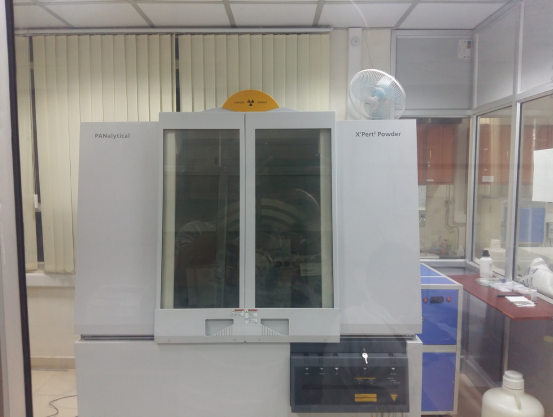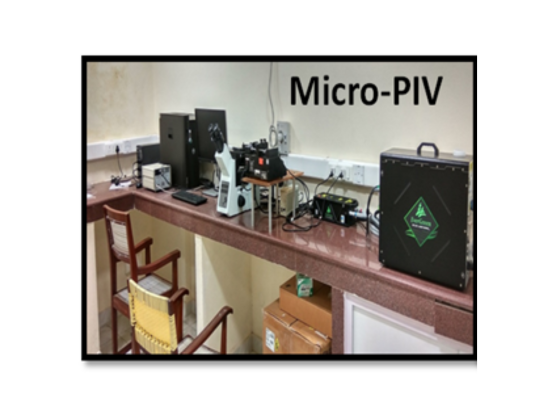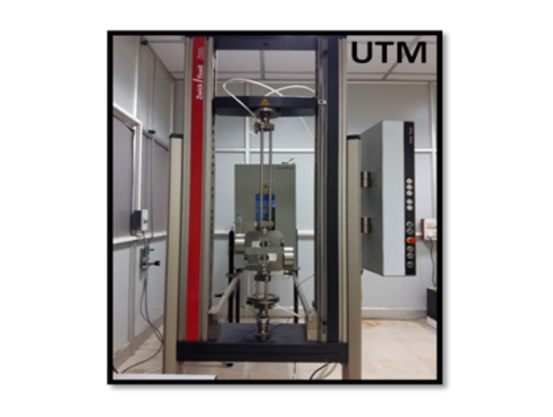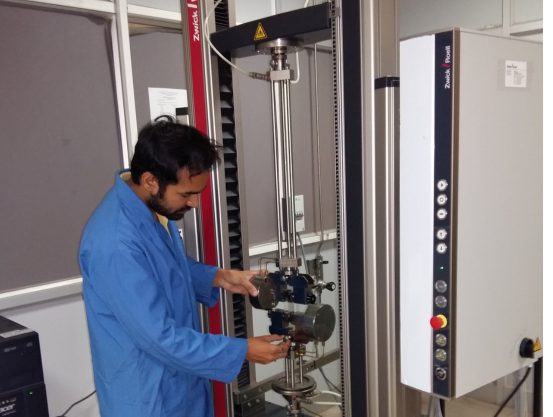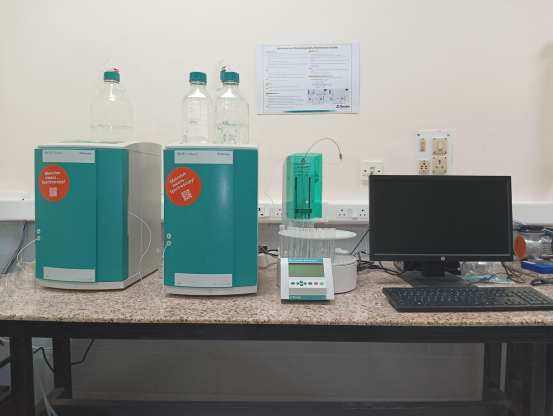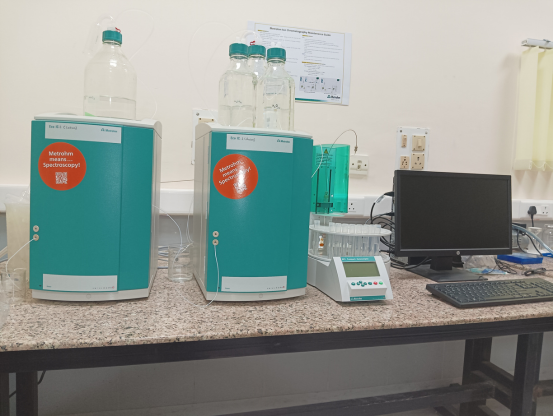+91 512-259-6538
+91 512-259-6538
Post Graduate Research Laboratory (PGRL) is a user facility in the Department of Chemical Engineering at IIT Kanpur that supports a broad range of science and technology projects by merging state-of-the-art resources with expert support staff. PGRL provides research space, sophisticated instruments and services thereby imparting an able platform for academic and industrial researchers to develop applications and expertise dedicated to addressing variety of scientific and engineering challenges. In-house equipment’s at PGRL include















